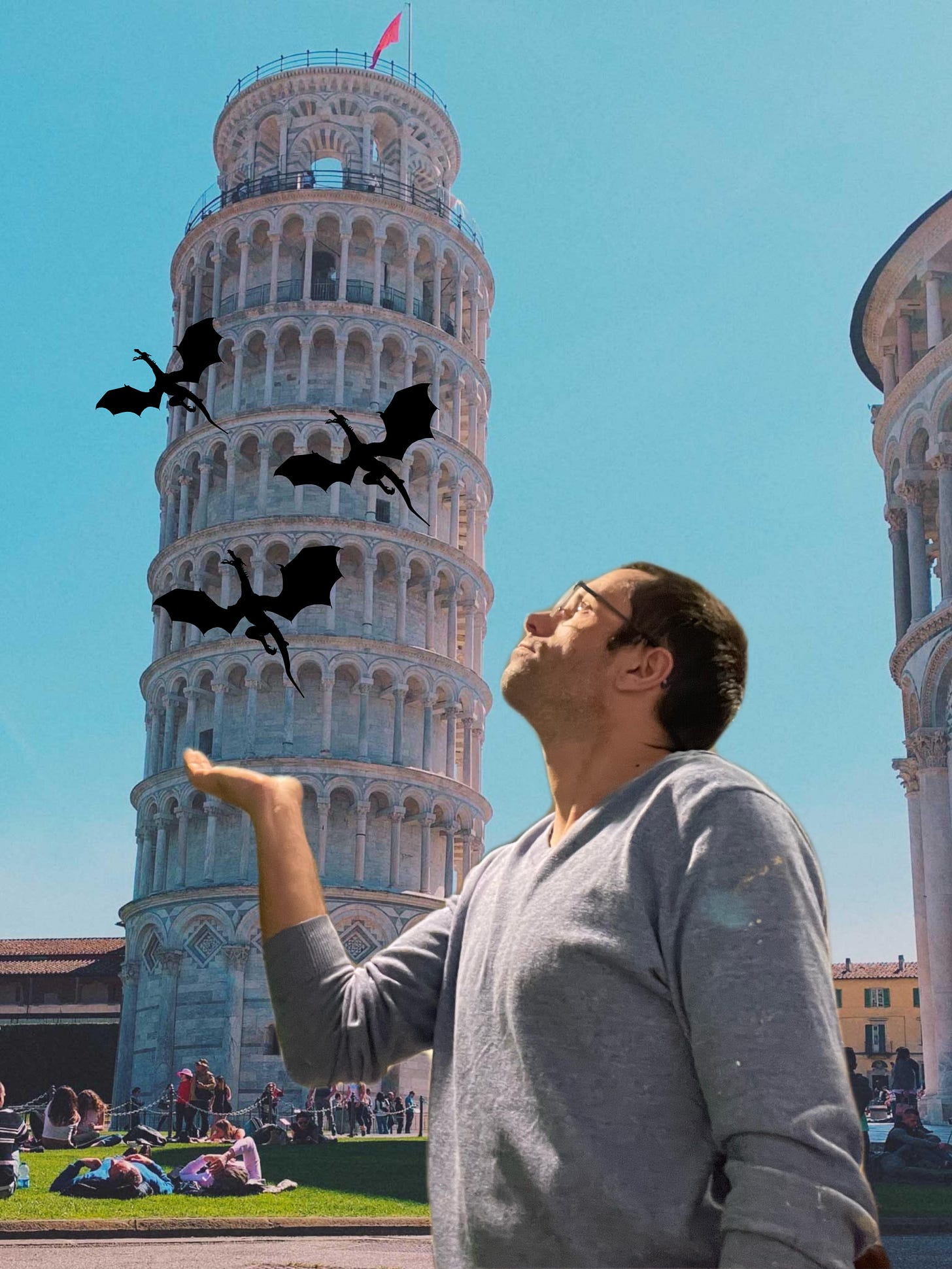It is almost impossible for many people, especially those who profess the loudest and most often, to understand how very little they know and even less of how little they actually know about the things they profess to know the most. Sure, at first glance they will proclaim to know something indeed, but they don’t know it beyond a half a page at best. They do not have the ability to write, and write for even a half hour, without running over the same things, ideas, and words over and over again.
World acclaimed Canadian psychologist Dr. Jordan Peterson said that even trying to get people to write 350 words about why God is great, or anything else they claim to hold as a core value, is nearly impossible on first take. It will be the most rigmarolious (I just made that word up. Forgive me, I have been watching too many of Shakespeare plays as of late and felt privileged) stuff ever written. He (God) is good because I woke up, because I have two arms, because of the butterflies. But the difference in a high schooler and a college educated person is that once one has left high school they can do the above very well; give examples. But it is the college education that is supposed to lead one to be able to explain the significance. Even with religion most will only give examples from nature and their very own limbs to support God’s greatness.
The maxim inscribed on the Temple of Apollo was “Know Thyself.” Miguel De Montaigne was satisfied with saying that the only philosophical knowledge worthy of pursuit was the knowledge of one’s self. Socrates used the popular maxim to explain that as we seek out truth we should first seek out true knowledge of ourselves. Just imagine being in Greece at one of the most holy sites known to exist and seeing there above the door “Know Thyself.” Unbelievable.
Cassius asked Brutus in the play Julius Caesar: “Tell me, good Brutus, can you see your face?” Brutus replied, “No, Cassius, for the eye sees not itself, but by reflection, by some other things.” This was Cassius asking if Brutus “knew” himself. Brutus made it clear that the best way we had of actually knowing ourselves was by the perception others had of us.
Christopher Browning wrote an extremely difficult book to read. Not because of how it was written as much as what it was written about. It is called “Ordinary Men.” It tells the story of ordinary men like you and myself, who showed up to work one day to be told that they were going to capture all the Jews in a particular village and transport them off to work camps. The elderly, pregnant women, children, and the sick were to be shot on the spot. Within the hour, ordinary men who were previously eating dinner with their family and were not anti-Jewish by any means (in fact less than 2% of Germany actually thought Jews were a problem. Many considered it a non-issue,) were shooting the back of pregnant women’s heads off. One story tells of a 10-year-old girl who walked out of the forest in a daze with the back of her head blown off because the Nazi who shot her was in such a hurry.
Why do I write this? Because I believe that writing is the best way that we have to get to know ourselves. For better or worse I will always write. I will write of all that I know and I will write of all that I hope. I will write of how I interpret all that I have seen and I will write for bliss and joy. I will write as often as I can if, by writing anything at all, there is even a small chance that it will help one person to “know” themself that much better.
here’s to writing . . .





